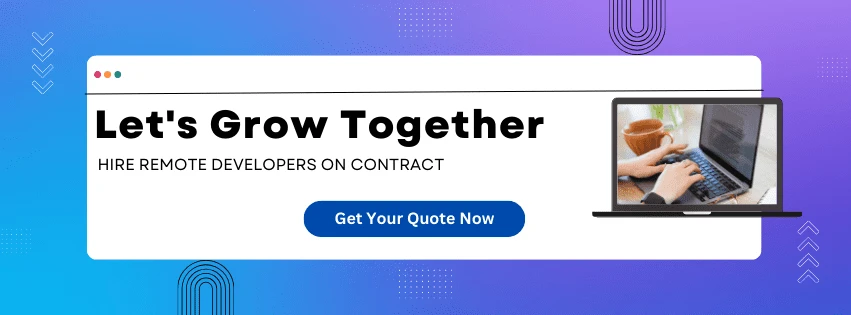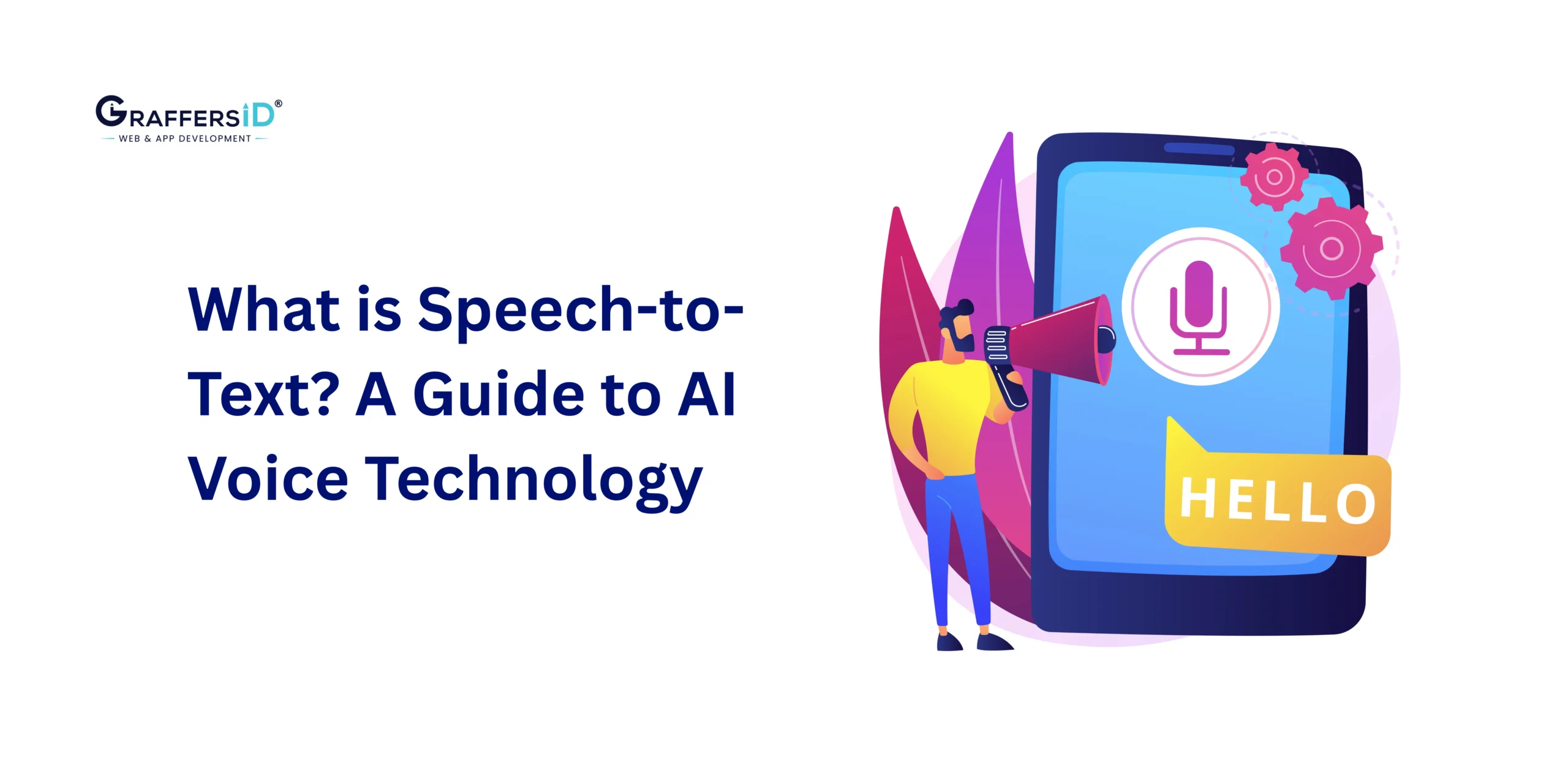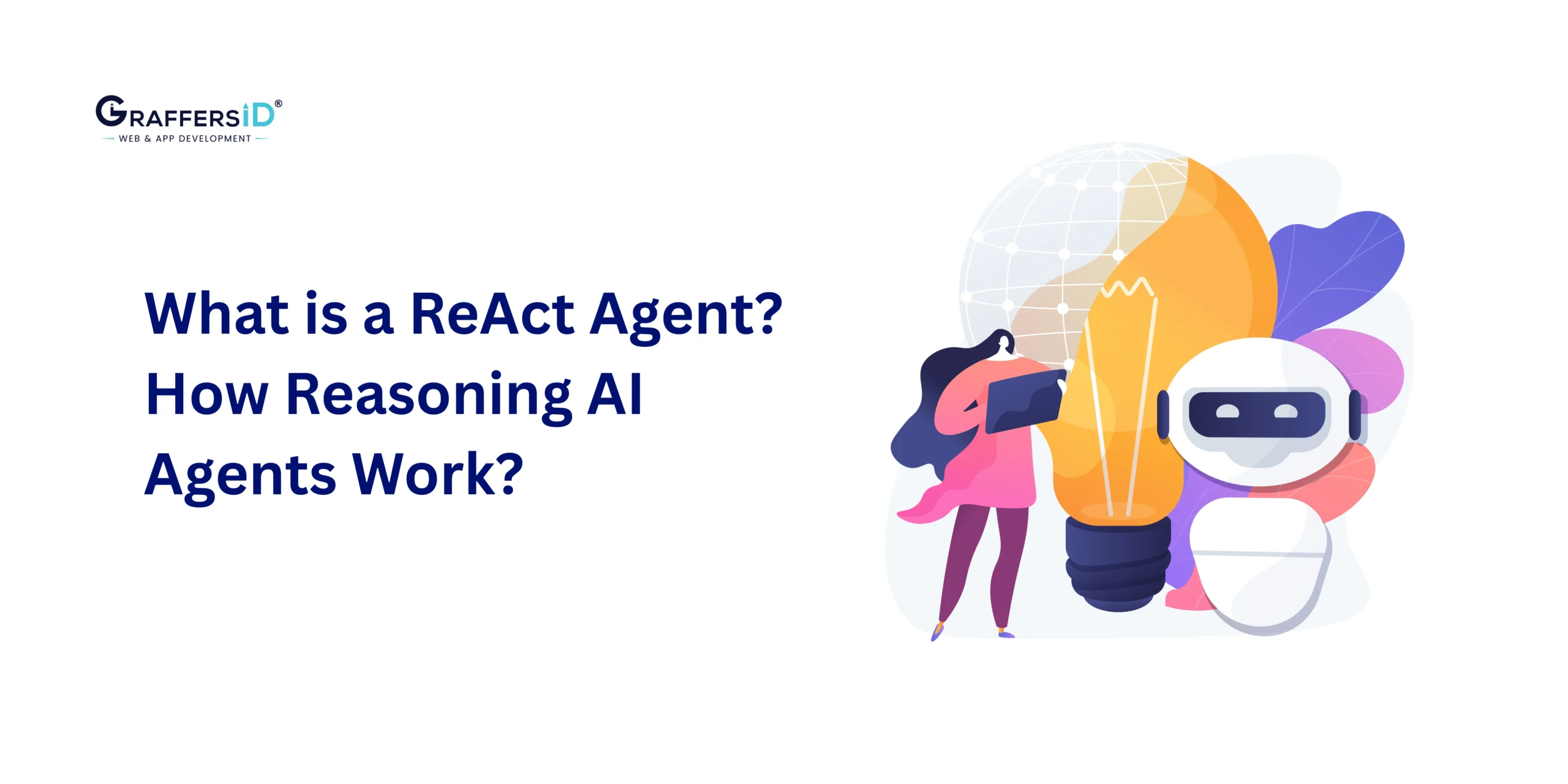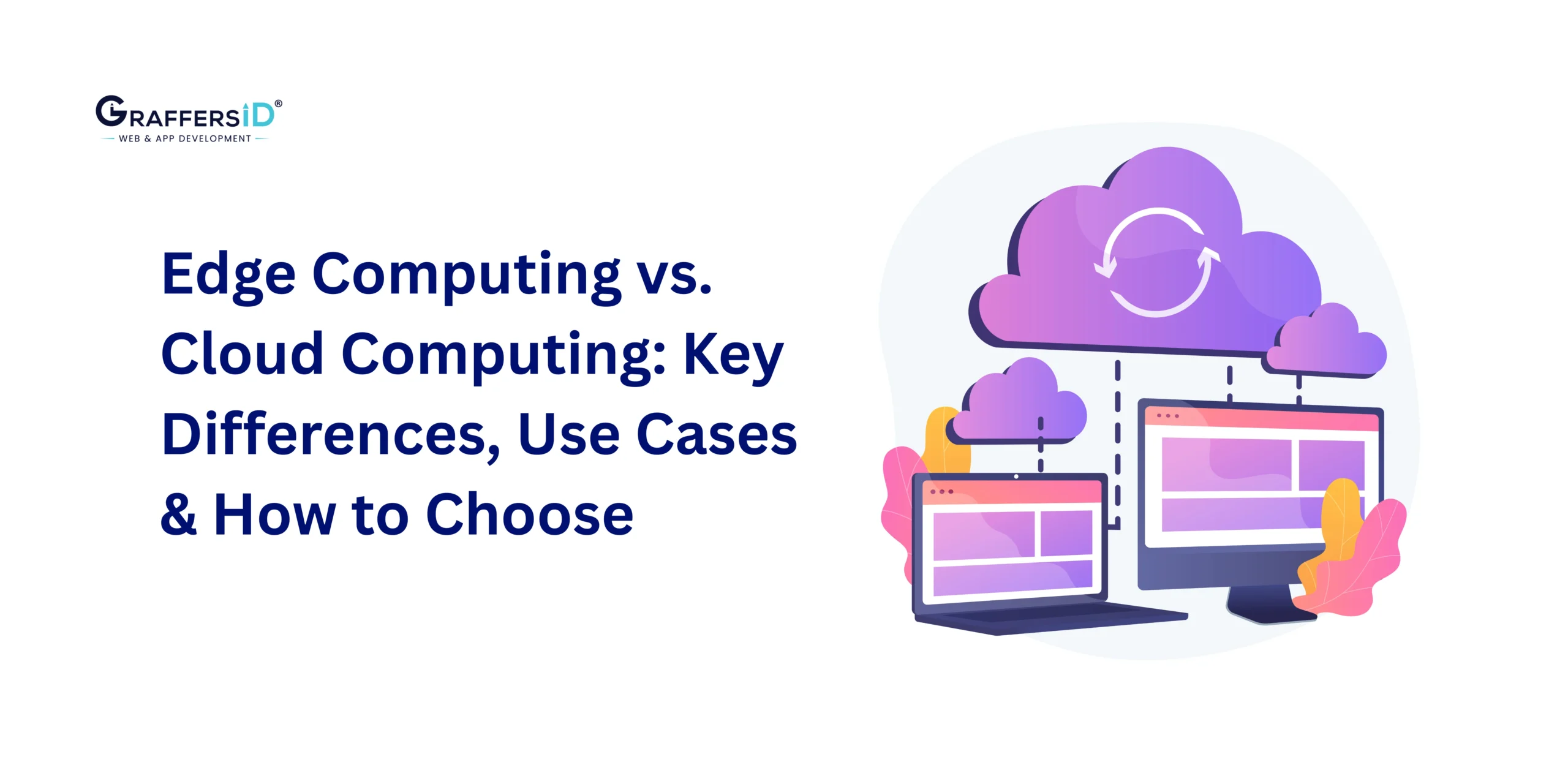The home healthcare business continues to face significant challenges with talent shortages and cost accessibility for patients in particular. Additionally, the shortage of healthcare workers also poses a major challenge for agencies, and wage inflation only adds to the pressure. Additional hurdles include reimbursement cuts and regulatory requirements.
Thankfully, the development of healthcare technology has supported home healthcare agencies across the globe in overcoming these challenges. With automated systems and AI tools, businesses can do more while spending less.
This article explores 6 powerful yet simple technologies that can transform home healthcare operations across the globe.
1. Automated Data collection and usage for your Healthcare Business
The HIPAA (Health Insurance Portability and Accountability Act) poses risks to home care agencies that rely solely on manual and paper processes for client intake and care plans. Furthermore, such systems are inefficient and difficult to track effectively.
Home care agencies rely heavily on automated data collection and secure storage of patient records to run efficiently. Automating data collection and utilization is one of the many innovative solutions to improve healthcare that will accelerate client assessments while streamlining the management and administration of care plans.
Automated data collection systems effectively collect, store, and sort information regarding caregivers and potential candidates for caregiving positions. These systems will help your agency become more efficient, ensuring every detail is noticed.
2. Digital tracking and management systems
Healthcare providers can leverage technology to streamline workflows and save time and money, not to mention minimizing disruptions during agency operational crises. By being able to assess the status and location of your staff and clients, you’ll be better able to deal with medical emergencies or cover your company if a claim is made against you, by providing digital proof of due diligence.
Your agency can easily satisfy regulatory requirements, like EVV (Electronic Visit Verification) compliance by digitally tracking patient-caregiver interactions. Similarly, developing robust data privacy policies can also help to safeguard not only patient data but also staff and organizational data. Digital management solutions also allow businesses to automate payroll and billing, track employee performance, and schedule care visits efficiently.
Read Also: Top Healthcare Software Development Companies USA
3. Applicant tracking systems for your healthcare business
Home care agencies typically face difficulties finding and recruiting talented caregivers, which makes hiring processes increasingly competitive in this market. Home care agencies should learn to attract caregivers through engagement in hiring processes as this will increase success rates in finding and keeping these skilled employees.
Sorting through thousands of applications can be daunting. Applicant tracking systems automate essential steps of the hiring process such as posting job advertisements and scheduling interviews.
An applicant tracking system (ATS) can make the experience of candidates better while streamlining the screening process for home care agencies. An ATS simplifies application processing for candidates while engaging them via internal communication tools.
An applicant tracking system can speed up your hiring process and help expand your staff without compromising quality service to more clients.
4. Smart scheduling systems
To run an effective home care agency, using intelligent scheduling tools is key in providing your clients with superior care. The ideal scheduling tools in the context of home healthcare are those that can match caregivers with patients according to their work preferences and skills, thus improving both client satisfaction and caregiver retention.
To ensure the success of your business growth, addressing caregiver retention using technology is imperative. After all, home healthcare services tend to be most impactful and fruitful for agencies when caregivers can develop trust with their patients.
Your clients and caregivers require flexible work environments. Smart scheduling tools help alert caregivers of available shifts and prevent scheduling conflicts – essential components of providing flexible scheduling arrangements.
Read Also: Role of AI in Software Development.
5. Business intelligence (BI) tools
Data analysis is key for improving services, making informed decisions, and increasing returns on investments. Intelligence tools can assist in meeting your business objectives.
One convenient platform can allow you to monitor employee performance, finances, and client satisfaction in one location. Data can then be compared with previous periods to plan future growth, make improvements, and recognize patterns. In this regard, business intelligence tools can assist in your organizational growth by making sure you stay aware of your company’s strengths and weaknesses based on real data.
Be sure to choose BI solutions that are user-friendly and encompass all aspects of running your home healthcare agency (client satisfaction, hiring caregivers, onboarding them efficiently, managing them effectively, and retention). It’s also encouraged that management teams provide their staff with the technological training they’ll require as efficiently as possible. Developing a tailored learning management system may aid in ongoing staff training as well as seamless employee onboarding.
6. Artificial intelligence (AI) for healthcare business
Artificial Intelligence (AI) refers to many of the technologies we rely on daily, such as Google Maps or translating text for customer service representatives. Unfortunately, its exact definition remains elusive – whether AI is true intelligence or deep machine-learning-driven is unknown.
AI is a technology capable of performing tasks once done by humans, such as speech recognition and decision-making. AI covers many technologies including machine learning (ML), deep learning (DL), and natural language processing; its core concept is adding learning intelligence into automation so computer systems can mimic human judgment and decision-making processes.
It’s important to note here, however, that Artificial Intelligence differs from process automation by its ability to learn, deduce, and make decisions as humans do. Contrastingly, Robotic Process Automation automates repetitive, rule-based processes by programming RPA tools with repeatable steps that eliminate human input. RPA typically focuses on data entry and process activities to mimic how people would complete them; this reduces errors, increases productivity and quality, decreases costs, and enhances overall efficiency. ‘
For most industries, a good mix of AI automation tools (for dynamic processes) and RPA tools (for administrative processes) can be the key to robust business automation.
Digital transformation in home healthcare: Key takeaways
As we’ve explored above, digital transformation in the home healthcare sector is rapidly taking place.
From grand, industry-wide sweeping changes like digitally stored, automated data collection, to smaller, practicable changes you can make to your home health care agency such as smart scheduling systems for your staff, and the incorporation of AI to speed up mundane tasks… it pays to know these 6 simple technologies that can transform your business.
GraffersID can help you build your custom-made home healthcare application and help you grow your business effectively. Leave the burden of development and focus on your core business. Schedule a call now to get a quote!





